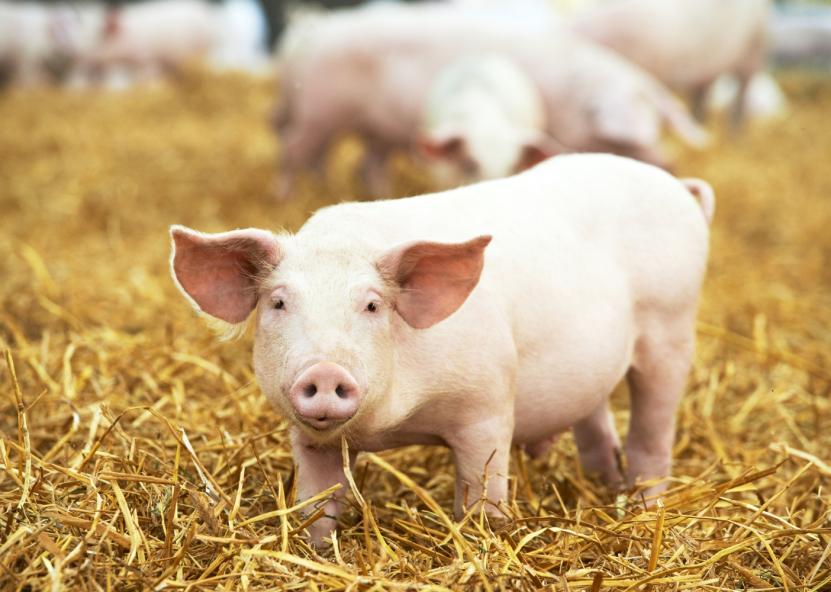The Netherlands reduces livestock production
The Netherlands wants to reduce livestock farming, especially in nature reserves. The EU has just approved a third withdrawal programme worth €700 million. A third exit programme for livestock farmers has also been approved in the Netherlands. In the Netherlands, livestock farming in and around nature reserves is to be further reduced.
The European Commission has reaffirmed the Hague government's comprehensive aid programme. Up to €700 million can now be made available to compensate farmers who voluntarily withdraw from livestock farming in certain areas by 1 October 2029. The aim of the phase-out programme is to protect wetlands, sandy soils or river valleys. According to the Commission, the Dutch provinces have earmarked certain areas for this purpose. These include wetlands, sandy soils, river valleys, Natura 2000 sites and areas adjacent to them. The scheme is open to small and medium-sized livestock farmers who voluntarily give up livestock farming in designated eligible areas. Farms are considered eligible for the scheme if the annual nitrogen emissions on the parcel reach certain thresholds.
This is to ensure that the closure has a sufficient positive environmental impact. It is also designed to avoid marginal impacts on nature. This is the third scheme. The two aid schemes currently in operation also aim to reduce nitrogen inputs to nature reserves. Almost €1.5 billion has already been committed to these schemes. However, livestock farmers can only participate in one of the three schemes.









































































































